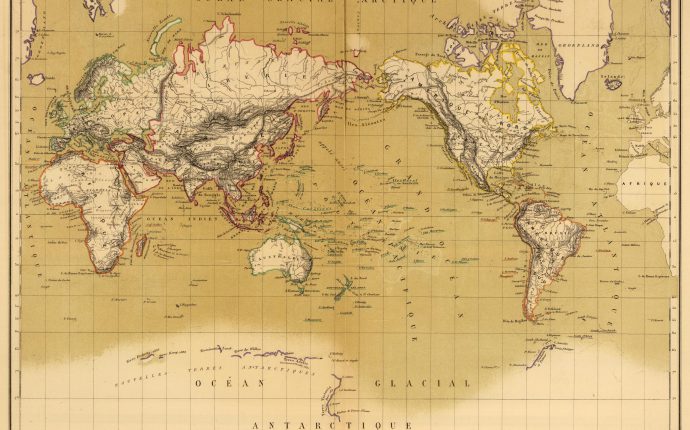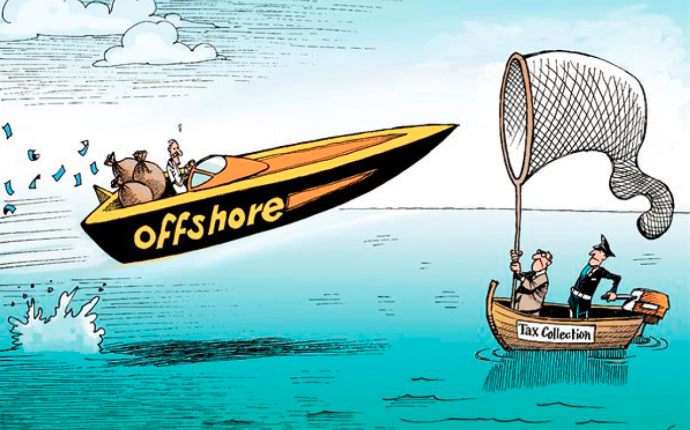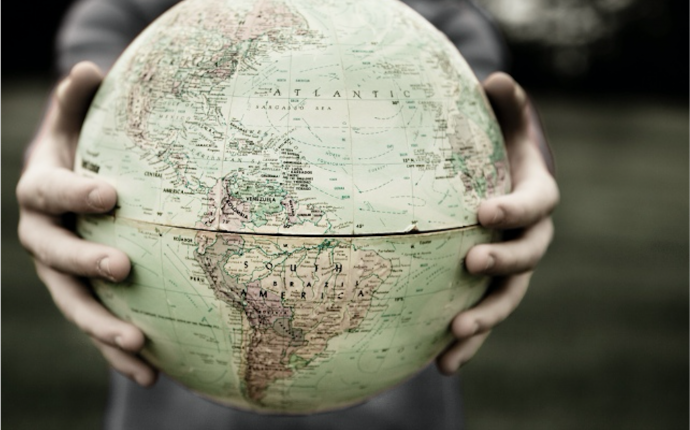Il fut un temps où les royaumes se livraient à une course effrénée dans le but d’accumuler du pouvoir, par un savant mélange de mariages, conquêtes armées et héritages – situation que l’on peut qualifier d’ordre dynastique. Cet ordre se caractérisait par la volonté des rois de conquérir de nouveaux territoires ; mécanisme constituant un élément central des relations ...
Cette table ronde, organisée par le CHRIM (centre d’histoire internationale et d’études politiques de la mondialisation), réunissait plusieurs intervenant·e·s invité·e·s autour d’une discussion du nouvel ouvrage codirigé par Pierre Singaravélou et Sylvain Venayre : L’histoire du monde au XIXe siècle[1]. Les deux codirecteurs souhaitaient par ce livre présenter une nouvelle façon de parler du XIXe siècle. Partant d’une rencontre ...
As illustrated by the annual Oxfam report An Economy for the 1% dating from the 18th January 2016, the richest 1% of the world population now possesses as much wealth as the rest of the world combined. This fact indicates that wealth is accumulating in fewer and fewer hands, leading to deepening severe inequalities as well as to ...
Discussing the political and ethical implications of two components of globalization: democratic deliberation and civil liberty as well as Media imperialism. According to Anthony McGrew, globalization comprises a “multiplicity of linkages and interconnections that transcend the nation states (and by implication the societies) which make up the modern world system. It defines a process through which events, ...







